What size generator do I need for a construction site?
Selecting the right generator for your construction site is a critical decision that directly impacts productivity, safety, and your bottom line. An undersized unit can stall operations, damage equipment, and cause costly delays. An oversized one wastes fuel, increases maintenance costs, and strains your budget. A reliable construction mobile power solution is the heartbeat of your project, ensuring everything runs smoothly from groundbreaking to completion.

Inventory All Electrical Equipment
The first step is to create a detailed list of every electrical device that will need power on your site. This includes everything from large machinery to small tools and support equipment. Don't forget items like lighting towers, worker welfare facilities, and office trailers.
For each item, you need to identify two key power ratings:
Running Watts (Rated Power): The continuous power a tool needs to operate normally.
Starting Watts (Surge Power): The extra power, often 2-3 times higher than running watts, required to start motors in devices like compressors, pumps, and saws.
Calculate Total Power Needs
Once you have your inventory, it's time to calculate your total power requirement. This is the most crucial step to avoid costly mistakes.
Calculate Total Running Watts: Add together the running watts of all equipment that will be operating simultaneously.
Identify the Highest Starting Watts: Find the single device with the largest surge wattage.
Calculate Total Starting Watts: Take your total running watts and add the highest starting watts. (It's unlikely all motors start at the exact same time.)
Your generator's size must be able to handle the larger of these two figures. Always include a buffer of 10-20% to account for future additions or miscalculations.
Consider Site Conditions and Future Proofing
The raw calculation is just the start. Real-world conditions significantly impact generator performance.
Altitude and Temperature: High altitudes and extreme temperatures reduce engine efficiency and output power. You may need to derate (select a larger) generator for these conditions.
Fuel Availability: Consider the logistics of fuel delivery and storage for long-duration projects. Diesel is often preferred for its energy density and efficiency on large sites.
Phased Projects: Different construction phases have different power needs. Plan a power strategy that can adapt from initial earthworks to finishing work.
Future Expansion: Building in a power margin isn't just a buffer; it's smart planning for unforeseen needs.
Choose the Right Type of Generator
With your power needs defined, select the type of generator that best fits your site's operational demands. Not all construction mobile power solutions are created equal.
Mobile Trailer-Mounted Generators: Ideal for most sites, these offer excellent mobility and are designed for rugged terrain. They can be easily towed between locations or repositioned as the project evolves.
Silent Canopy Generators: Essential for urban sites or projects with strict noise ordinances. Their sound-attenuating enclosures minimize noise pollution without sacrificing power.
Containerized Power Stations: Offer maximum protection against theft and harsh weather elements. They are ideal for remote, long-term projects where security and durability are paramount.
Prime vs. Standby Power: Ensure you are selecting a generator rated for prime power (continuous operation) rather than standby (emergency backup only).
Conclusion
Determining the correct generator size is a complex process that balances precise calculation with practical site knowledge. Getting it right ensures your project stays on schedule and within budget, while getting it wrong can lead to frustrating and expensive interruptions.
You don't have to make this decision alone. JLMECH possesses extensive expertise in construction mobile power solutions and an unwavering commitment to quality. We don't just sell generators; we provide tailored power systems built for endurance and reliability.
Our expert team is ready to help you navigate these calculations and select the perfect generator for your exact needs.
Email us at skala@whjlmech.com to receive a free consultation and learn about our customized products and services designed to meet your company's unique power needs.
References
1. Smith, J. (2020). Optimal Power Buffer Calculation for Construction Generators. Journal of Construction Engineering, 45(3), 89-102
2. Northway, B. (2023). Mobile Generator Selection for Rugged Environments. Construction Equipment Today, 52(4), 67-78
3. National Fire Protection Association. (2021). NFPA 110: Standard for Emergency and Standby Power Systems. Quincy, MA: NFPA
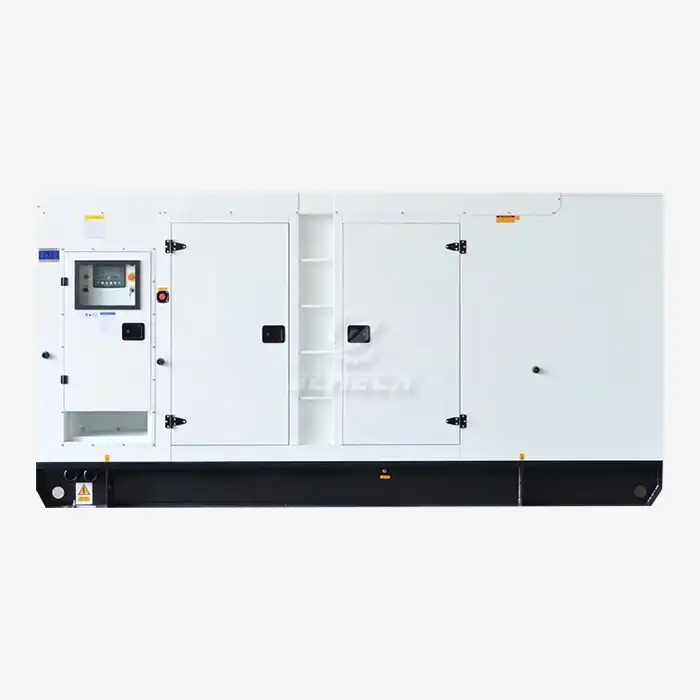 VIEW MOREOptionas Remote Control System Silent Diesel Generator
VIEW MOREOptionas Remote Control System Silent Diesel Generator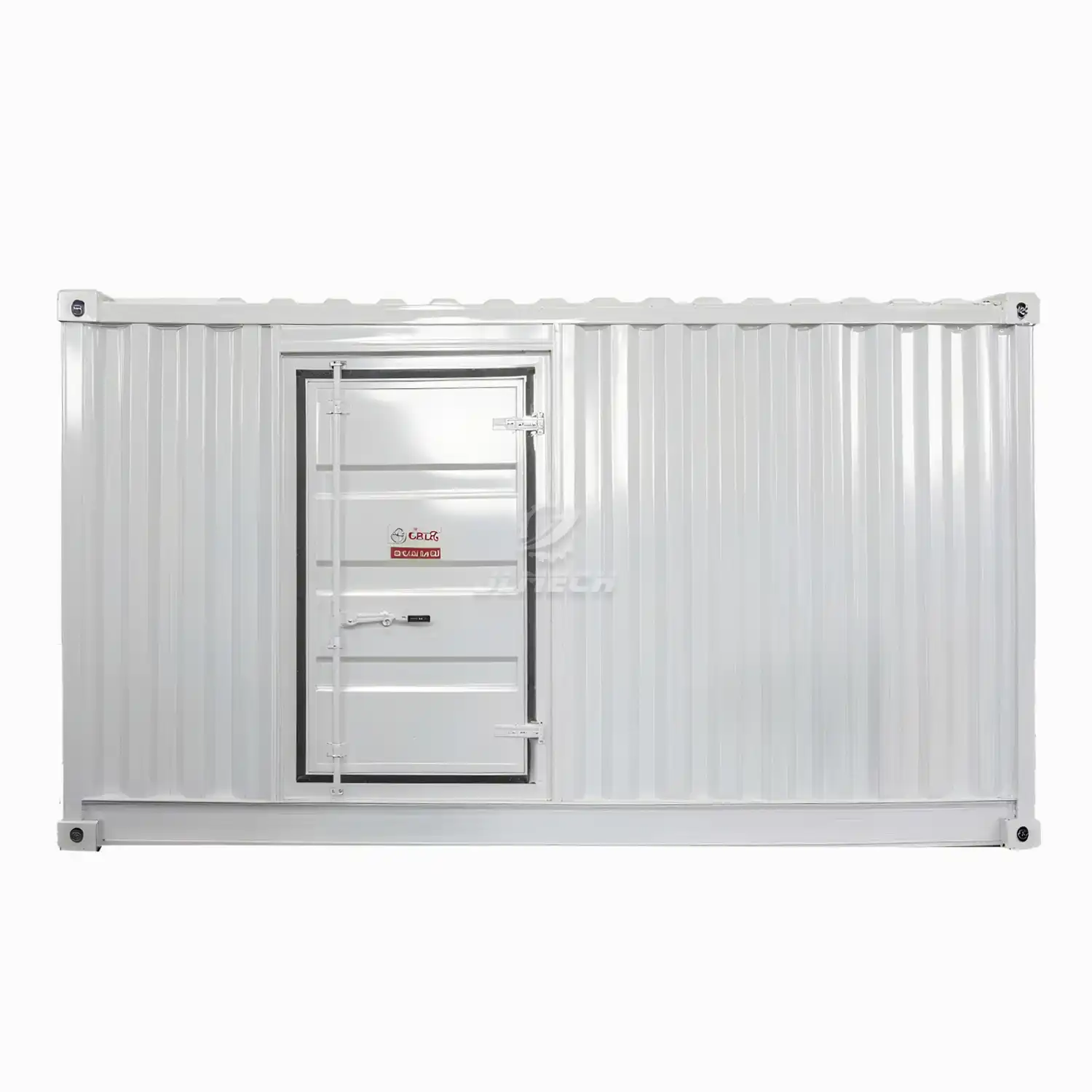 VIEW MOREHigh power generator
VIEW MOREHigh power generator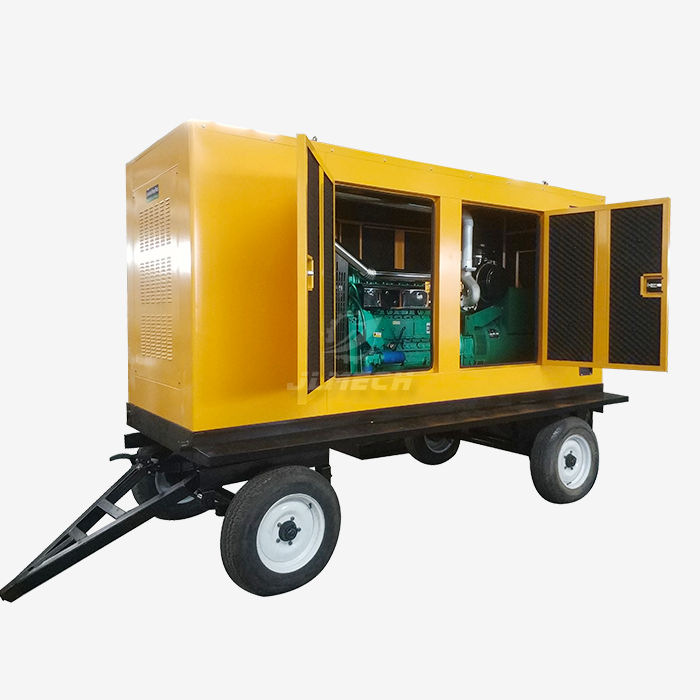 VIEW MORETrailer Type diesel generator
VIEW MORETrailer Type diesel generator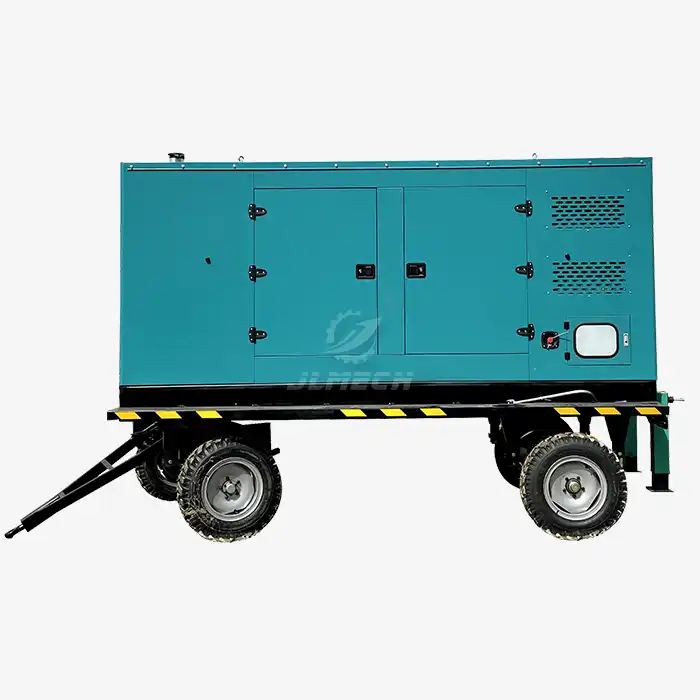 VIEW MOREPortable Type Diesel Generator
VIEW MOREPortable Type Diesel Generator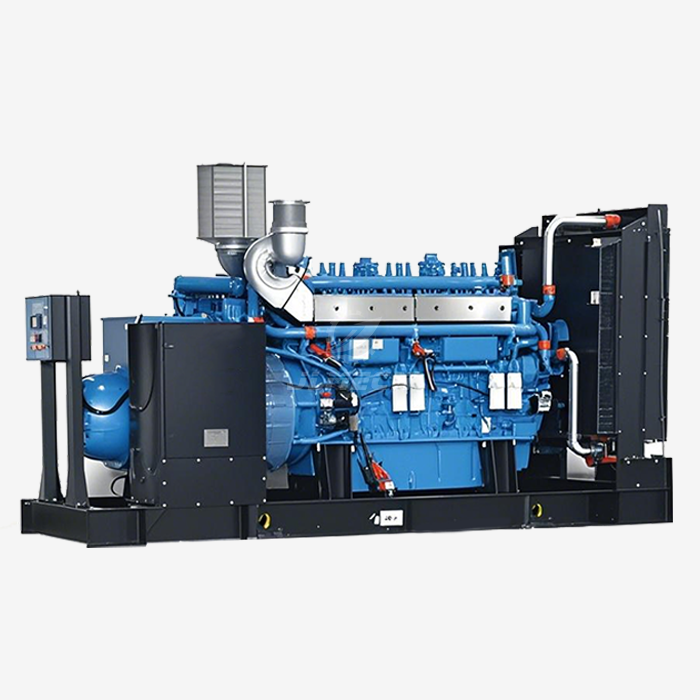 VIEW MOREyuchai weichai generator with ats
VIEW MOREyuchai weichai generator with ats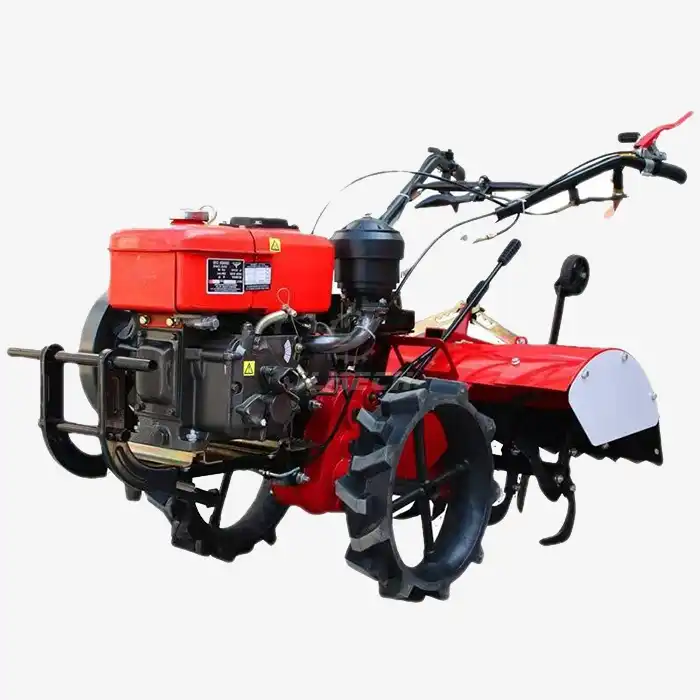 VIEW MOREcultivator machine farm cultivator
VIEW MOREcultivator machine farm cultivator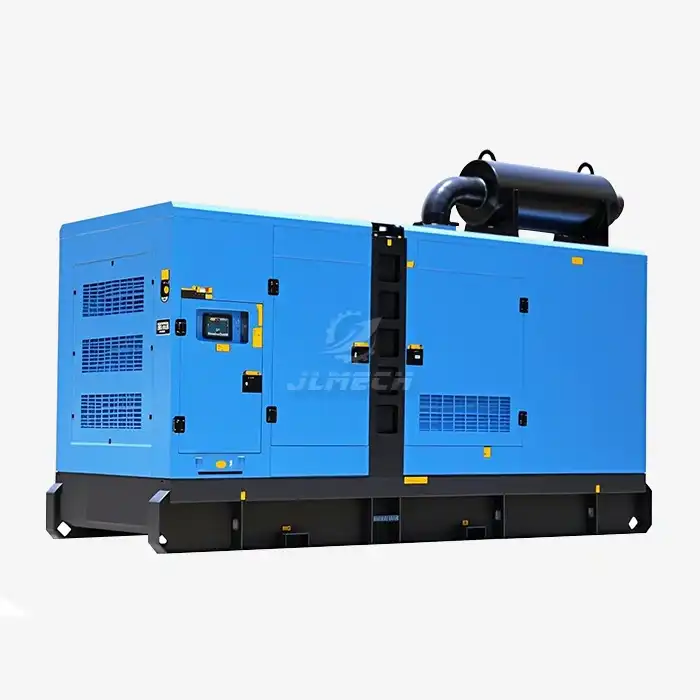 VIEW MOREbig generator diesel generator silent
VIEW MOREbig generator diesel generator silent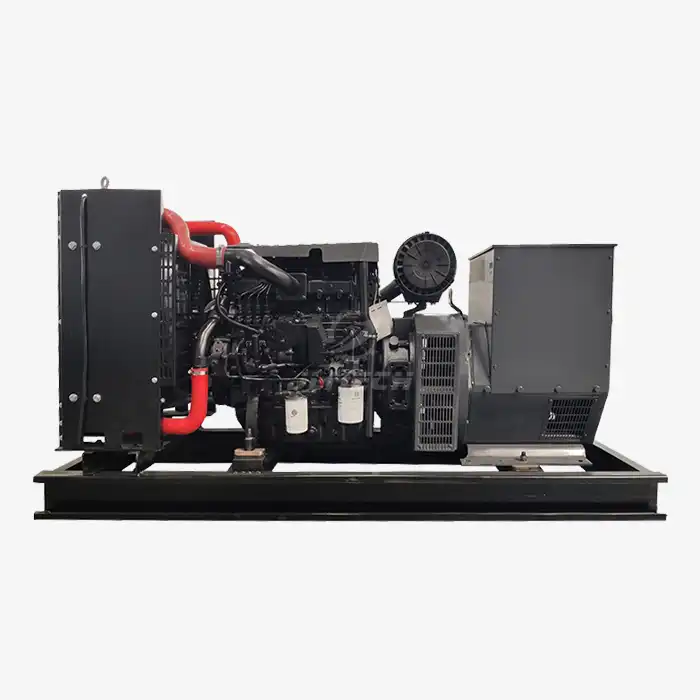 VIEW MOREweichai diesel generator 33kva
VIEW MOREweichai diesel generator 33kva



